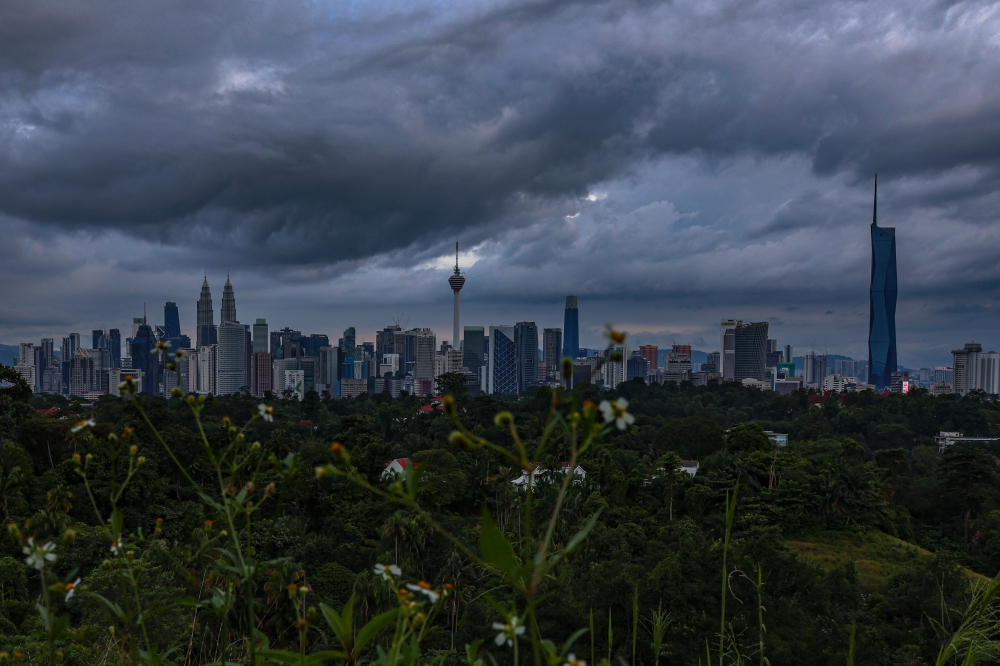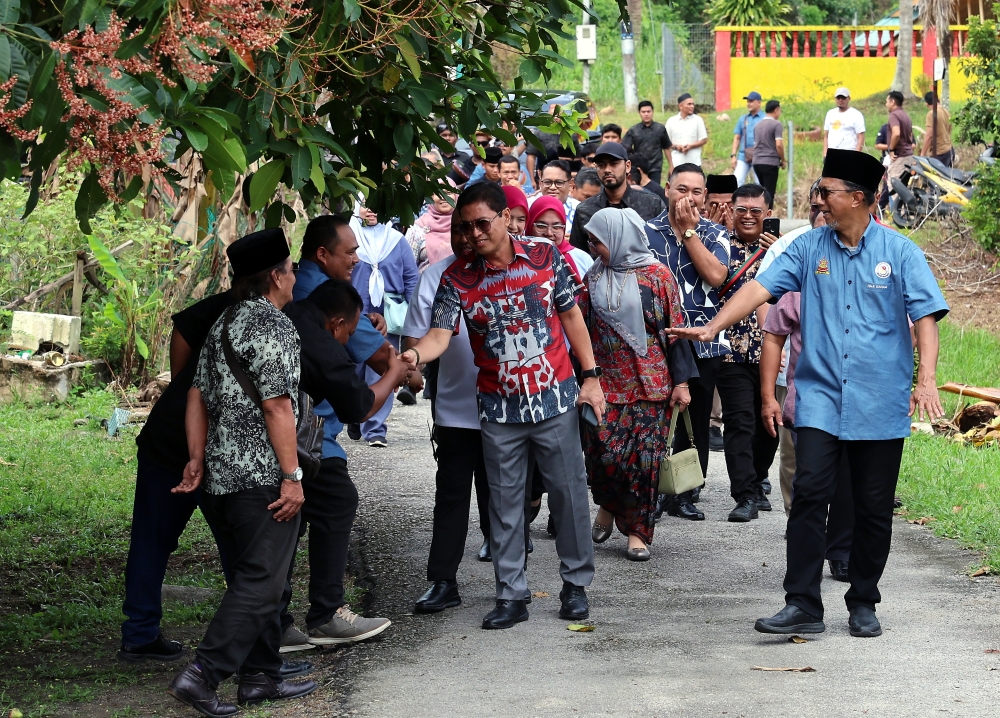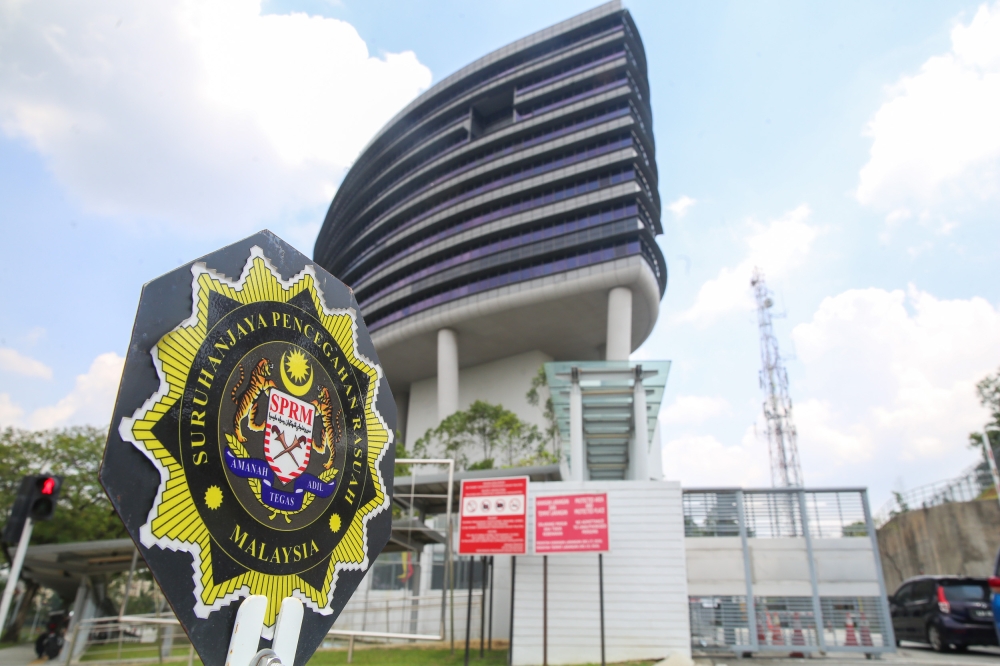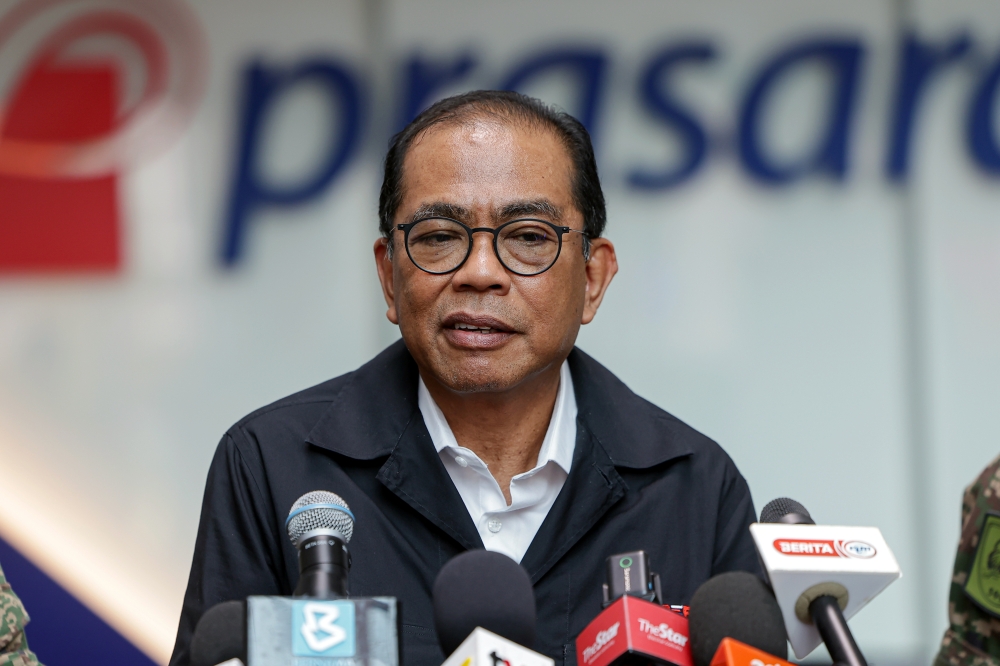SINGAPORE, Aug 6 — In the past two weeks, two aerospace engineering firms here announced more than a hundred layoffs as part of cost-cutting measures due to the Covid-19 pandemic.
Aerospace manufacturer Pratt & Whitney and its majority-owned unit Eagle Services Asia were the latest in a series of companies in the sector to have done so, and experts told TODAY that they are unlikely to be the last, as the coronavirus crisis continues to rip the industry apart.
Tan Kong Hwee, executive vice-president of the Economic Development Board (EDB), told TODAY that the aerospace industry employs more than 22,000 people, about 80 per cent of whom are Singapore residents.
The sector has more than 130 companies, including Singapore firms such as ST Engineering Aerospace, SIA Engineering Company and Singapore Aerospace Manufacturing, as well as multinational corporations such as Rolls-Royce, GE Aviation and Raytheon Technologies.
“These companies undertake maintenance, repair and overhaul (MRO), as well as manufacturing activities, and are a significant part of the global aerospace value chain,” Tan said.
Singapore is one of the world’s leading MRO hubs, responsible for 10 per cent of the global output.
He added that based on preliminary estimates, the aerospace sector accounted for S$13 billion (RM39.87 billion) in total output last year.
The recent spate of retrenchments came after several other multinational corporations announced layoffs in their workforce here.
Rolls-Royce said in May that it axed at least 240 roles in its Singapore office, about 24 per cent of its employee headcount here.
European airline manufacturer Airbus in June said that it had to retrench about 15,000 employees across its global workforce, including some workers in Singapore, though it did not reveal how many workers were laid off here.
In response to TODAY’s queries, a spokesperson from multinational corporation Thales said that some staff members in its avionics business in Singapore have been let go as a “last resort,” following other cost-cutting measures such as enforced leave plans, furloughs and salary cuts. It declined to reveal the number of employees affected by the retrenchment exercise.
Aerospace industry 'under threat'
Experts told TODAY that it is no surprise that the aerospace industry has been hit, since it is closely linked to the beleaguered airlines sector.
Aviation analyst Shukor Yusof of Endau Analytics said that the crippled commercial aviation sector has placed the aerospace industry “under threat”.
“Aerospace is a very complex industry with many players operating in different segments of the supply chain, Shukor said. “When the ecosystem is broken — as it is now — there are bound to be casualties, potentially companies failing or shrinking and the associated job losses.”
Agreeing, transport analyst Terence Fan from the Singapore Management University said that while the aerospace sector had tried to put off retrenchments for the first few months, the duration of the crisis is beginning to eat into the industry’s resilience.
“(If the crisis is) for a few months, most companies can bear with it and bite the bullet,” he said. “Now, all the industry players realise that the crisis is not going to be just more than three months — it’s going to be nine, 12 months, or even longer.”
Fan said that aerospace companies will start to realise they have to minimise cash burns so that they can weather the storm “to the point where the demand comes back on”.
“So they have to think about how they can do that, and eventually the human resource will be one of the things that they could cut,” he added.
Fan said that the aerospace industry here comprises multinational companies based mostly in the United States and Europe. These companies will look to preserve headcounts in their corporate headquarters back home, rather than in places they have expanded such as Singapore.
Independent aviation analyst Priveen Raj Naidu said that with all international travel heavily curtailed, Singapore’s status as the MRO hub for the region may be compromised, because it does not have the market for domestic air travel.
“That we don’t have a local domestic market to fall back on makes it tougher for us to maintain our position… Now all slates are clean and the scoreboards are the same,” he said.
Last week, Transport Minister Ong Ye Kung said that reviving some activities in the aviation sector to preserve Singapore’s hub status will be his ministry’s “top priority.”
However, experts said this does not mean that the future of the aerospace industry will be any less bleak.
“There is an ongoing bloodbath in the global aviation market but the Government is astute and is trying hard to ameliorate, cushion the fallout,” Mr Shukor said. “Unfortunately, the Government can't be expected to save all companies and their employees.”
Fan said that for Singapore to function as a regional hub again, the pandemic has to be “truly over.”
“The issue is if the pandemic is not controlled… then maybe Singapore may not want to be the hub to link up all these places with this virus floating around.”
Tan of EDB agreed that the impact of the crisis on the global aerospace industry is severe and expected to last for some time.
Still, he noted that the sector remains an important industry for Singapore and that its long-term prospects are positive.
Tan added that EDB’s immediate priority is to work with the National Trades Union Congress, its affiliated unions and relevant government agencies to help affected employees in seeking alternative employment.
What employees say
Employees in the aerospace sector interviewed by TODAY said that the news of retrenchments in the industry is worrying, but they are confident that their skills are transferable to other sectors.
An employee from a multinational company, who did not want to be named, said that about 25 to 30 per cent of employees have been laid off in the firm’s Singapore branch over two exercises in June and July.
For the firm’s repair and overhaul division — which helps maintain commercial aircraft — the 50-year-old employee said that about 35 per cent were retrenched.
The employee, who is in middle management, said that most of his staff members were already expecting these retrenchment exercises to take place, and were understanding when they were given the news.
“We already sounded off to them that business is bad, and we also showed them some of the cases (in other companies) of retrenchments that took place… We sort of hinted that we are also considering retrenchments.”
Another employee, who did not want to be identified and who works in ST Engineering Aerospace as a repair engineer for commercial aircraft, said that although the writing is on the wall for his industry, he believes that he can apply his skills in other sectors.
“Being in engineering, there’s the element of being versatile, so there’s definitely some chance to join other industries,” the 25-year-old said.
Responding to queries from TODAY, ST Engineering said that the impact on its aerospace sector has been mitigated by its airframe business, which deals with the aircraft body and not components or engines, as well as the conversion of existing passenger aircraft to cargo freighters. — TODAY




















